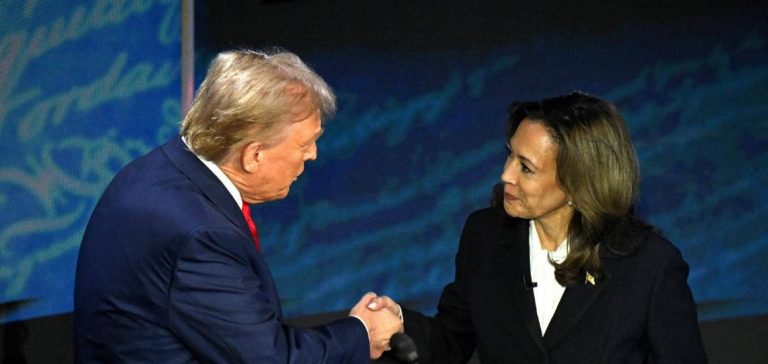The American LNG industry is facing regulatory uncertainty since the Biden administration’s decision to suspend reviews of export permits for countries without a free trade agreement with the United States. This suspension, justified by the need to reassess economic and environmental impacts, has slowed down several key infrastructure projects, delaying investment decisions and impacting the competitiveness of US LNG in the international market. For investors, the persistent uncertainty surrounding this suspension raises doubts about the viability of future expansions.
Most market players expect the suspension to end after the 2024 elections. However, the implications will vary depending on the elected candidate. A return of Donald Trump to the presidency could accelerate project approvals, risking confrontations with European environmental regulators. Conversely, Kamala Harris might maintain a more cautious approach focused on social and environmental impacts, potentially adding new evaluation criteria based on social and environmental considerations, further delaying decision-making processes.
Diverging Policies and Commercial Impacts
Donald Trump has promised to lift the permit suspension on his first day in office, advocating for a fast-tracked energy project policy. However, his approach could reignite trade tensions, particularly with China, a key potential market for American LNG. During his previous term, trade tensions led to a reduction in US gas exports to China, hampering negotiations for capacity expansion. Trump is also considering reintroducing high tariffs, which could damage commercial relations and affect the sector’s growth prospects.
Kamala Harris, on the other hand, remains ambiguous regarding her position on the gas sector. While she has expressed support for energy diversification during recent debates, her silence on the issue of gas exports raises questions. If Harris follows the Democratic line of restricting finance for fossil fuel infrastructure, the LNG sector could see its growth stifled, directly impacting US export potential.
Consequences for Ongoing Projects
The permit suspension has not only slowed down new projects but has also led to permit cancellations for existing infrastructure. Developer NextDecade, whose Rio Grande LNG project in Texas saw its permit revoked by the Washington D.C. Court of Appeals, exemplifies this trend. These judicial repercussions increase risks for other LNG developers, complicating financing in an uncertain regulatory climate.
This instability also affects international buyers’ perception. The recent acquisition by Australian Woodside Energy of the Driftwood LNG project in Louisiana, for instance, is seen as a risky bet in an increasingly unpredictable market. Woodside’s CEO, Meg O’Neill, has voiced concerns about the long-term impact of this instability on the confidence of international buyers.
New Constraints from the European Market
American energy policy is also influenced by new European environmental requirements, particularly regarding the traceability of methane emissions in the LNG supply chain. These constraints could disadvantage American exporters if the local regulatory framework is relaxed, as it might be under a Trump administration. US producers, facing laxer regulations domestically, could lose market share to competitors better aligned with European standards.
Chris Treanor, executive director of the Partnership to Address Global Emissions, believes that if the US scales back its methane tracking commitments, it could hurt its competitiveness. A rollback in standards could be interpreted as an “increase in pollution,” which would jeopardize negotiations with European buyers sensitive to environmental compliance.
An Uncertain Future for the American LNG Sector
The 2024 election could redefine the regulatory landscape for American LNG for the next decade. While developers hope for a swift end to the permit suspension, uncertainty persists. According to Jack Fusco, CEO of Cheniere, the divergence between Harris’s and Trump’s approaches could lead to strategic adjustments without fundamentally challenging the market.
However, growing regulatory pressure, combined with political uncertainty, could deter international buyers from committing to new long-term projects. Importers like JERA, Japan’s largest power producer, see portfolio diversification as a necessity in the face of current turbulence. The electoral context could thus freeze investment decisions until the US energy policy is clarified post-2024.





















